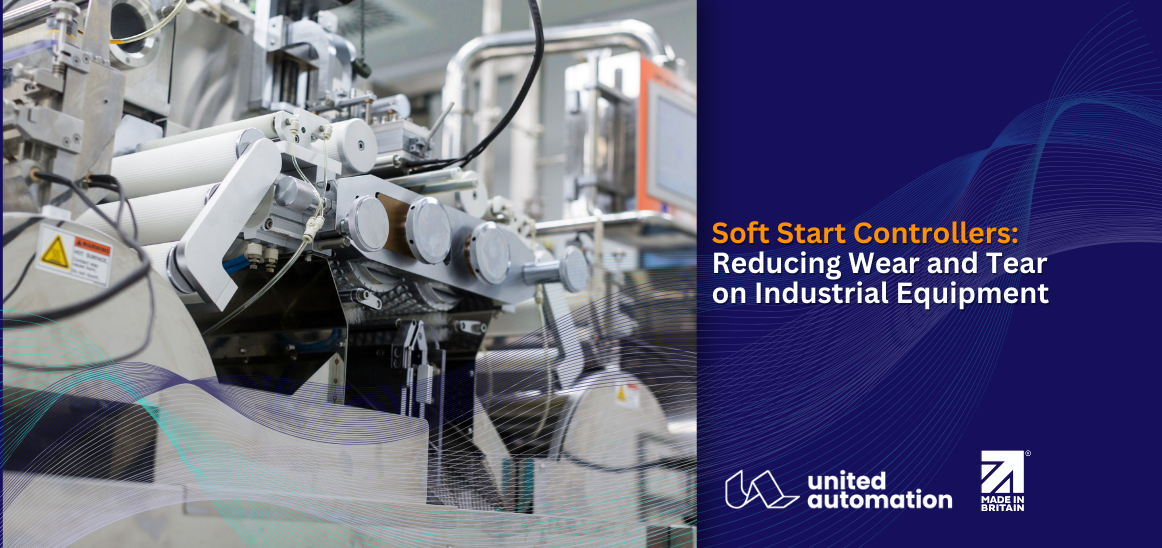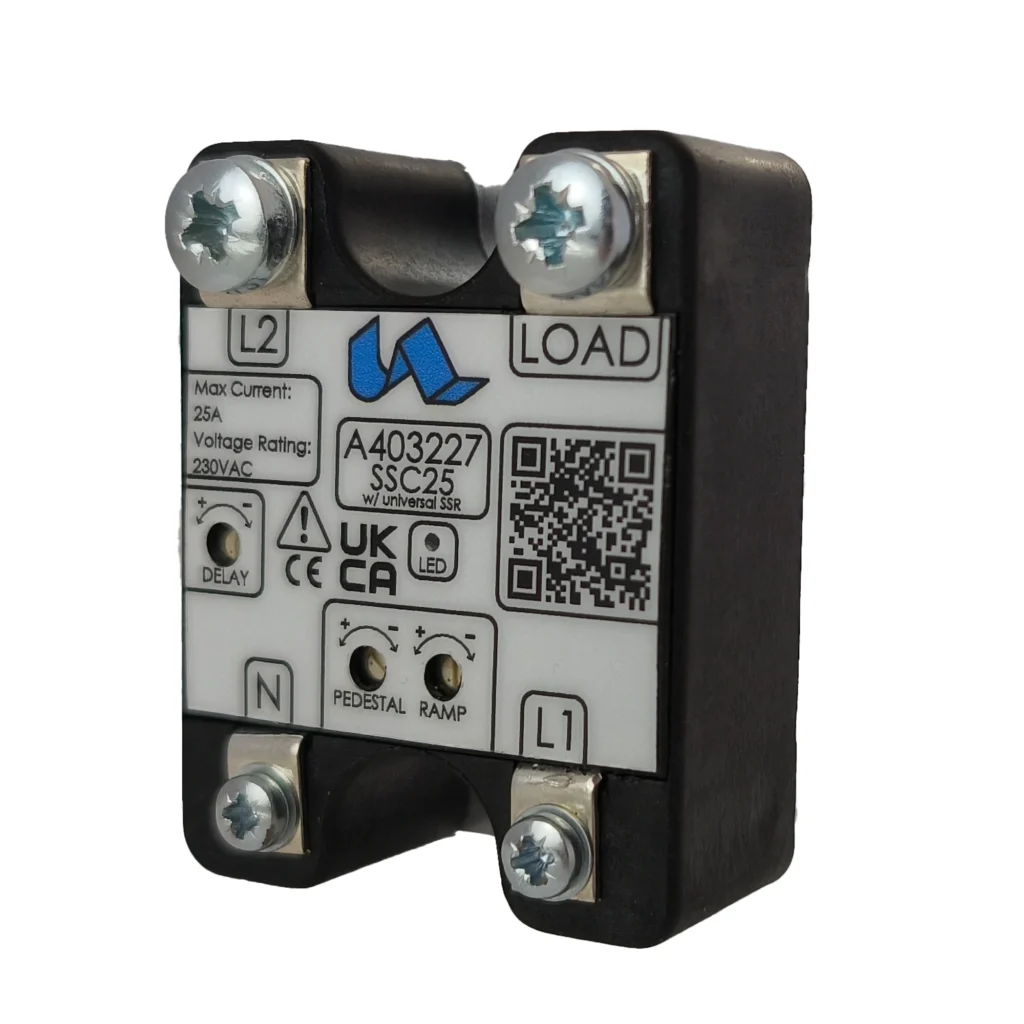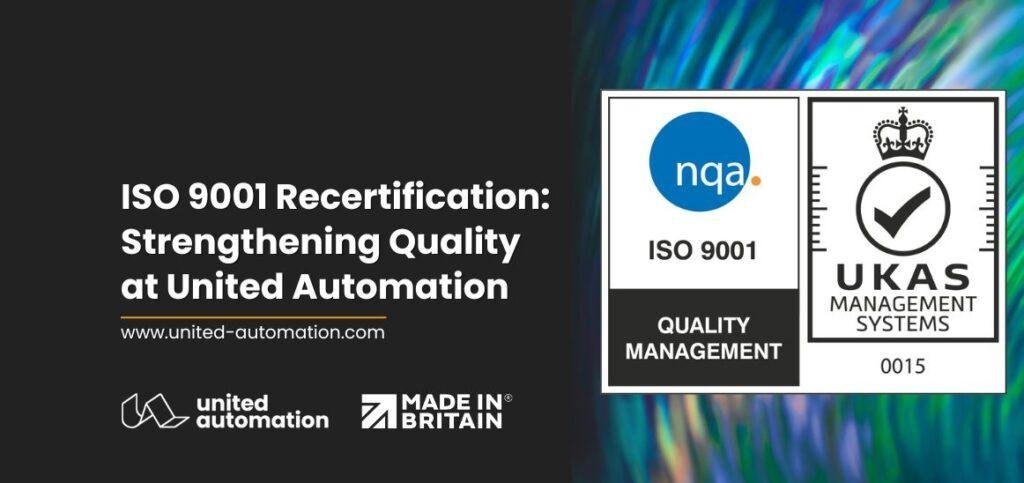FREE DELIVERY ON ORDERS OVER £50 IN THE UK & EU
Menu
Close
Menu
- Catering Solutions
- Industrial Power Control & Regulation
- Industrial Heating & Temperature Management
- Motion & Vibration Control
- General Components & Brands
- Power Factor Correction Solutions
- DealsSales!
- Services
- Join Us
- Technical Support
- About Us
- Certifications & Approvals
- Contact Us
- My Account
- Datasheet Library
- Brochures & Product Catalogue
- Blog / News
- Frequently Asked Questions (FAQs)
Close
- Catering Solutions
- Industrial Power Control & Regulation
- Industrial Heating & Temperature Management
- Motion & Vibration Control
- General Components & Brands
- Power Factor Correction Solutions
- DealsSales!
- Services
- Join Us
- Technical Support
- About Us
- Certifications & Approvals
- Contact Us
- My Account
- Datasheet Library
- Brochures & Product Catalogue
- Blog / News
- Frequently Asked Questions (FAQs)
Menu
Close
Close
- Catering Solutions
- Industrial Power Control & Regulation
- Industrial Heating & Temperature Management
- Motion & Vibration Control
- General Components & Brands
- Power Factor Correction Solutions
- DealsSales!
- Services
- Join Us
- Technical Support
- About Us
- Certifications & Approvals
- Contact Us
- My Account
- Datasheet Library
- Brochures & Product Catalogue
- Blog / News
- Frequently Asked Questions (FAQs)
FREE DELIVERY ON ORDERS OVER £50 IN THE UK & EU
Close
Close
- Catering Solutions
- Industrial Power Control & Regulation
- Industrial Heating & Temperature Management
- Motion & Vibration Control
- General Components & Brands
- Power Factor Correction Solutions
- DealsSales!
- Services
- Join Us
- Technical Support
- About Us
- Certifications & Approvals
- Contact Us
- My Account
- Datasheet Library
- Brochures & Product Catalogue
- Blog / News
- Frequently Asked Questions (FAQs)




